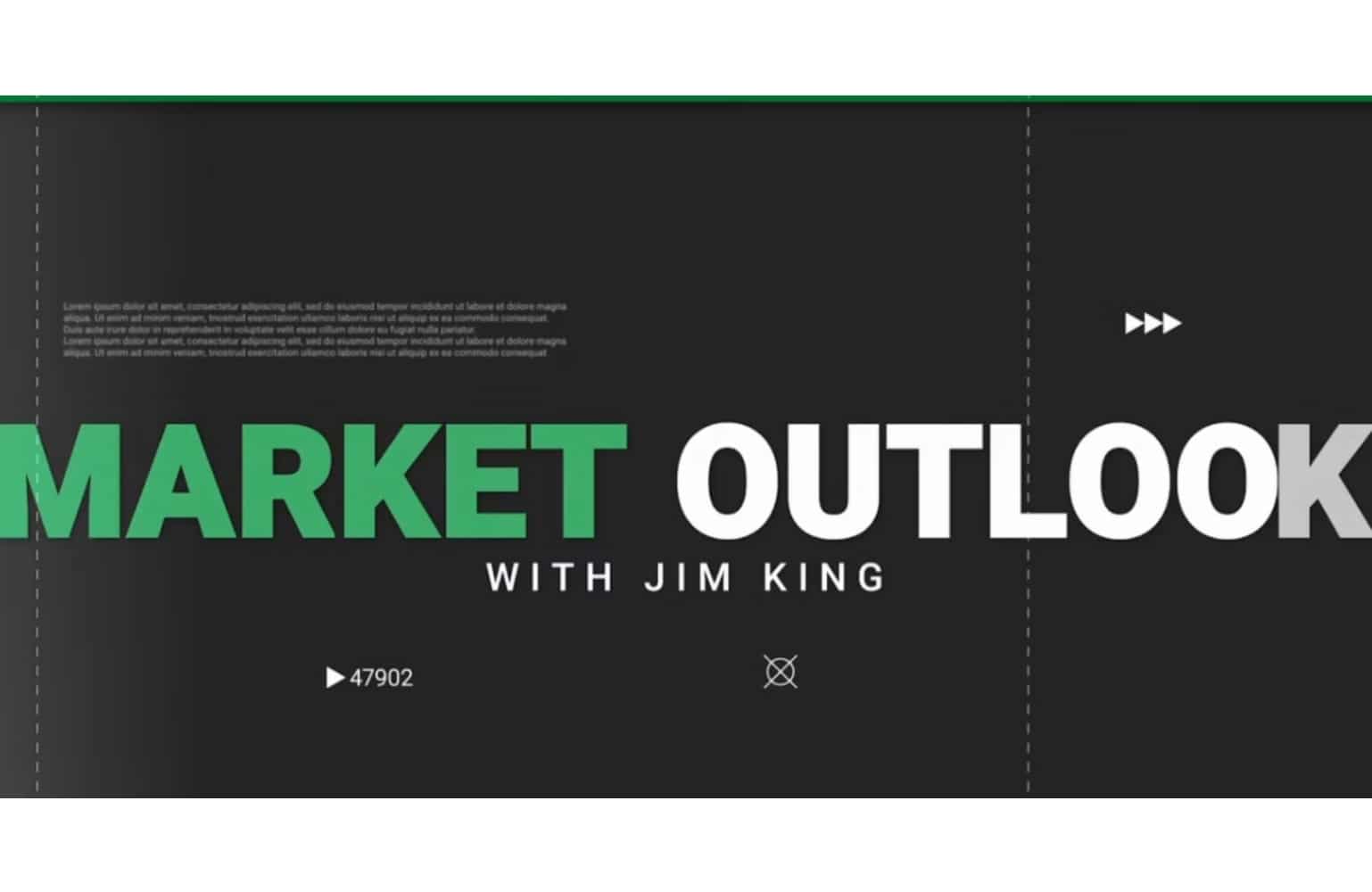Crash Course On 401(k) Plans For Employees & Employers
By Rosh Ramiz

Whether an employee or employer, understanding the intricacies of 401(k) planning makes for a better financial plan.
WHAT IS A 401(k) PLAN?
A 401(k) plan is a retirement savings plan that offers employees the opportunity to put a portion of their salary into a long-term investment account. It is set up through the employer and a retirement plan provider and is a defined contribution plan, meaning the employee contributes part of their salary to the plan, usually on a monthly basis. Since there are different types of 401K plans, the employer along with the plan provider, will determine which plan is the best fit for the company.
HOW DOES A 401(k) PLAN WORK?
A 401K plan works as a retirement savings plan and allows those eligible to invest and save for their retirement on a tax deferred basis. The employee determines how much of their paycheck they want going into the plan on a pretax basis and the amount of money you contribute to the plan will reduce your taxable income. Generally, there are different investment options that are set up by the plan sponsor and you have the choice of which investments you want your money allocated into. The money will grow tax deferred and when you reached retirement age (59 ½ is the earliest) you can start to use the money. The amount you pull out of your retirement account will be taxed as ordinary income. If you withdraw the money earlier than 59 ½ , there is a 10% penalty. There are some hardship exemptions that you may be able to claim in order to avoid the 10% penalty such as for medical expenses or disability or death of the participant.
For 2021, the amount you can contribute to a 401K plan is $19,500. If you are 50 or older, the IRS has a catch-up provision that allows you to contribute an additional $6500.
Ask your employer if they have a matching provision included in their 401K plan. This means that the employer has the ability to match a certain amount of the employee’s contribution, usually 2 to 3%. As an employee, if you are not participating in the company 401K plan that offers a match, this is something to consider because it is free money that the employer is giving to employees.
PROVIDING A 401(k) PLAN AS AN EMPLOYER
There are many types of 401K plans. First you must determine which plan will be most beneficial for your company and your employees. The best way to do this is to talk with someone who specializes in retirement plans. They can help guide you with choosing the right plan and everything that is involved with setting up and implementing as well as ongoing servicing of the plan. They will suggest which plan makes the most sense for your business. They will provide you with a list of investment options that once decided on, will be placed in the 401K for your employees to allocate their contributions to. You will have to provide continuing education for your employees related to the plan. This is usually done by the plan sponsor and retirement specialist.
As an employer, you have the fiduciary responsibility to make sure the plan is being monitored. Some things that should be reviewed on a consistent basis:
- Costs
- Investment Choices
- Employee Education
- Yearly Reporting
These responsibilities can be passed on to a third party at a cost.
BOTTOM LINE
Whether you have a large company with multiple employees or work alone in your company as self-employed, a 401K plan is a great option. It gives you the chance to save for retirement by giving you a tax incentive. As an employee, any money you put in a plan is pretax earnings so it reduces your taxable income and the money grows tax deferred for retirement.
As an employer, setting up and offering a 401K plan is a good way to attract new employees. Depending on how the plan is set up, you can contribute to the plan and some portions could be a tax write-off for your company.
Any way you look at it, a 401K plan is a great vehicle to save for retirement.
Rosh Ramiz is the Director of Retirement Planning at King Financial Network which offers comprehensive, customized, and independent wealth management, estate planning, tax planning, & insurance planning. Check out our RESOURCE CENTER for more original financial educational content.
More Resources
From this Category












